A student's guide to living in MONTREAL
Table of Contents
Introduction:
The city has a French-speaking majority, which gives it a distinctly European feel, but it’s also a hub for anglophones and people from many other linguistic and cultural backgrounds. This bilingual atmosphere (French and English) contributes to a unique blend of cultures that influences everything from food to festivals.
Montreal is famous for its festivals, such as the Montreal International Jazz Festival and Just for Laughs, as well as its thriving music and theater scenes. The city’s neighborhoods are as diverse as its population, with areas like Old Montreal showcasing historical European charm, while places like the Plateau are known for their bohemian vibe and street art.
Montreal is a vibrant, multicultural city located in the province of Quebec, Canada. Known for its rich history, lively arts scene, and diverse culture, it’s one of Canada’s most dynamic and unique cities. Montreal is situated on the Island of Montreal, which is bordered by the Saint Lawrence River and the Rivière des Prairies.
Educational aspects:
Montreal is a major educational hub in Canada, offering a wide range of opportunities for students at all levels. The city is home to several prestigious institutions, diverse learning environments, and a vibrant academic community.
Top universities:
Montreal boasts some of the top universities in Canada, attracting students from all over the world.
● McGill University:
One of the oldest and most renowned universities in Canada, McGill is internationally recognized for its research, quality of education, and diverse student body. It offers a wide range of programs, including medicine, engineering, arts, and law.
● Université de Montréal:
A leading French-language university, UdeM offers extensive programs in various fields, including sciences, humanities, and health. It’s known for its research contributions and strong academic reputation.
● Concordia University:
A bilingual institution (French and English), Concordia is known for its creative and innovative approach to education, particularly in the arts, engineering, and business. Its diverse community and emphasis on experiential learning make it an appealing choice for students.
● Université du Québec à Montréal (UQAM):
UQAM is a French-language university focused on social sciences, arts, and management, offering programs that are highly integrated with the city’s culture and industries.
Work-life balance:
In Montreal, like much of Canada, a typical workweek is around 40 hours (8 hours a day, 5 days a week). Many employers are also adopting more flexible schedules, including the option to work remotely, especially in industries like technology, finance, and education.
Montreal has a more relaxed and respectful work culture compared to some larger global cities. While people are dedicated to their jobs, there’s less of an expectation to work long hours or be constantly on-call. This allows employees to have more time for family, hobbies, and leisure.
Living cost:
Living in Montreal is relatively affordable compared to other major Canadian cities like Toronto and Vancouver, though the cost of living can vary depending on lifestyle, location within the city, and personal habits.
- Housing: $1,200–CAD 1,600
- Utilities: $80–$150 CAD
- Transportation: $90–$100 CAD.
- Healthcare: $100–$200 CAD
Job/internship opportunities:
Montreal is a hub for technology and innovation, especially in areas like artificial intelligence (AI), video game development, and software engineering. Montreal has a robust healthcare and life sciences sector, with opportunities in research, pharmaceuticals, biotechnology, and healthcare management. Montreal has a well-established financial sector, with opportunities in banking, insurance, accounting, and consulting. Montreal’s fintech scene is also growing, with startups like Flinks and Plooto providing opportunities for finance professionals.
Conclusion:
Montreal offers a relatively affordable lifestyle compared to other major North American cities, especially in terms of housing, food, and public transportation. While rent and housing prices have been rising, the cost of living is still manageable for many residents, and the city provides a high quality of life with ample cultural and recreational opportunities. Whether you’re a student, a young professional, or a family, Montreal offers a variety of options to fit different budgets.

